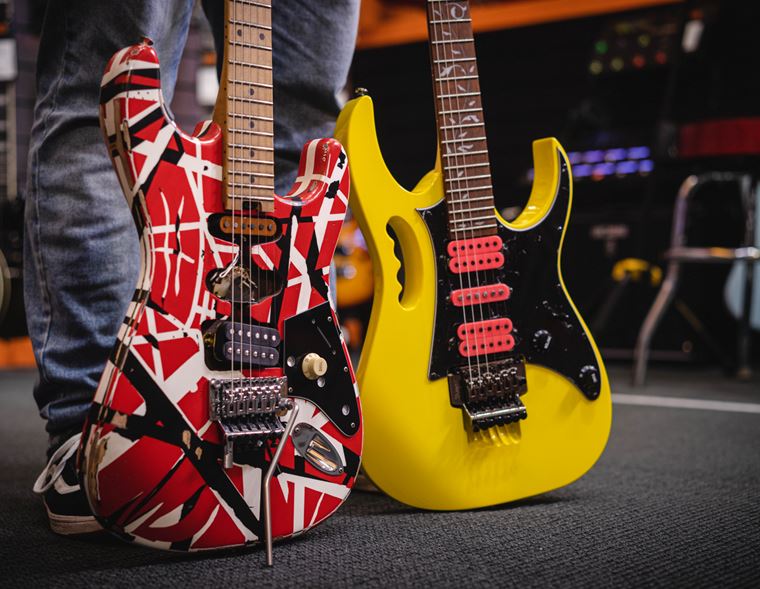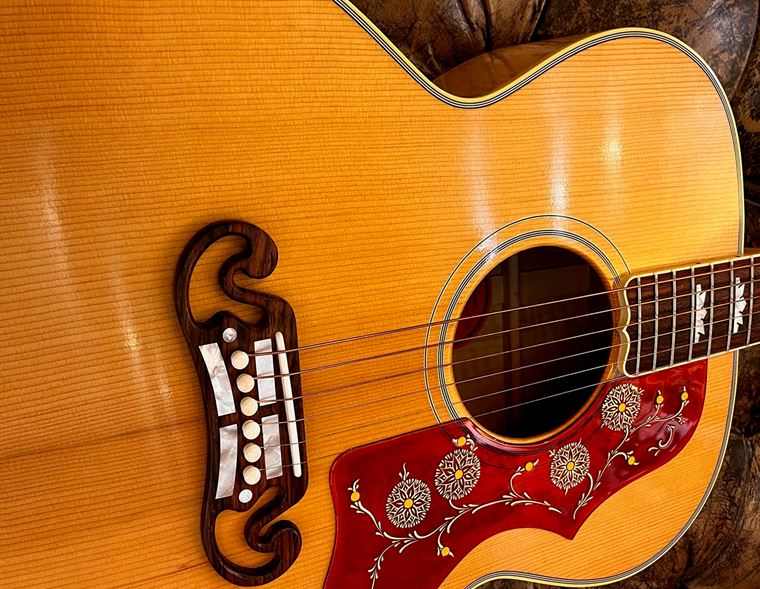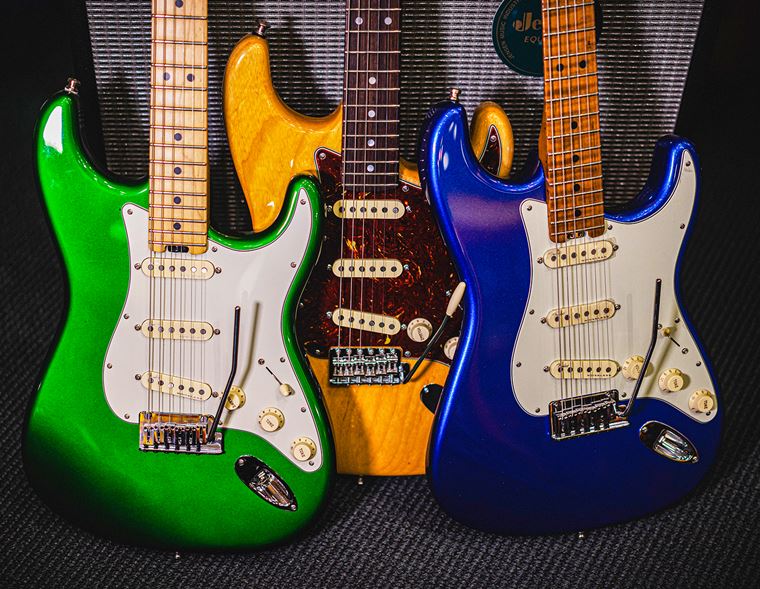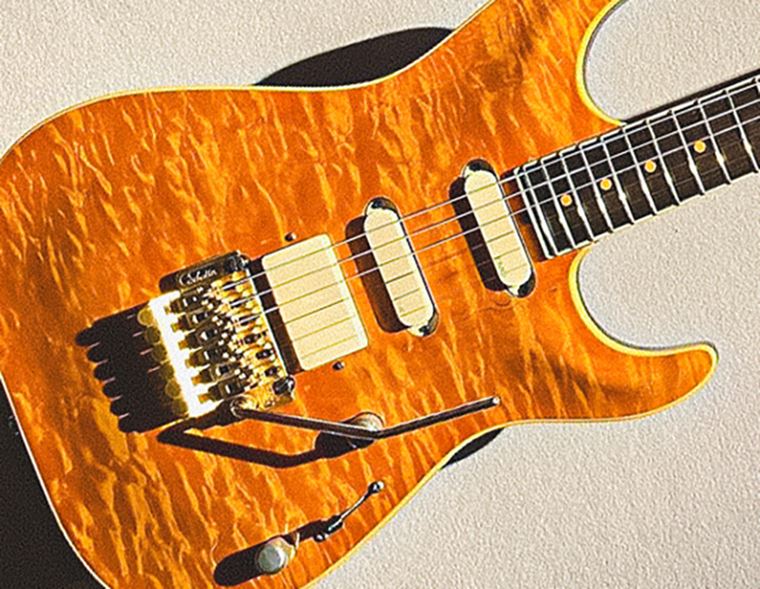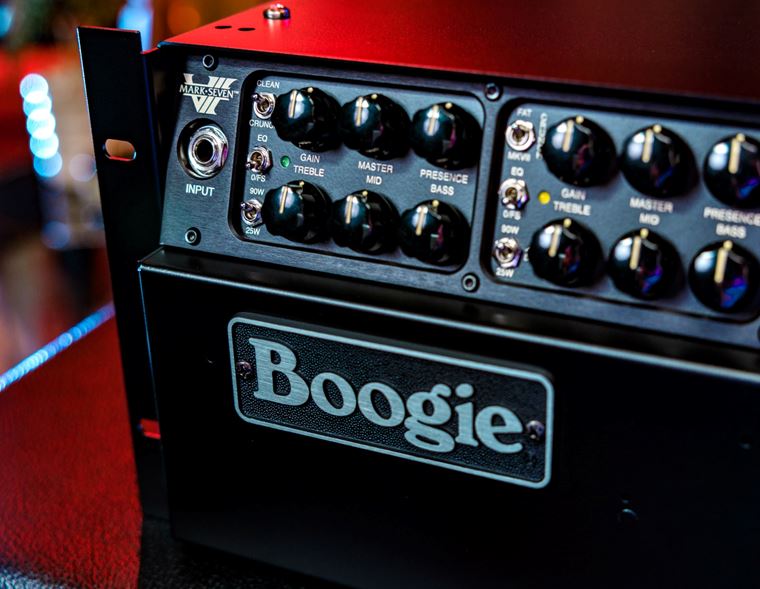Top 20 Britpop Bands
Published on 17 April 2024
Britpop has most definitely crept back into the public consciousness, have you noticed? People are streaming it like never before, and some of that era’s artists are continuing to remain relevant (Blur just played second headliner at Coachella). Liam Gallagher has even made the logical step of recording and touring with Stone Roses legend John Squire, so there’s a lot of energy around this subgenre just now.
Why? I’m not sure, but there is a sunny optimism to a lot of Britpop’s throwaway swagger that might be resonating with people in these otherwise troubling times. Britpop reminds us of a time before social media, when partying, dressing up and having fun were what culture was all about. Life was lived a little ‘larger’ and unselfconsciously, and perhaps people are beginning to realise that they’ve lost a bit of that these last few years?
Contents
TFI Friday
As someone who was a kid when Britpop first happened, I suppose I’m in a good position to have an opinion on the best bands. It’s all relative, of course, but going to the gigs and seeing both stars and supporting artists at the time means that I’ve got a first-hand experience of the time, the vibe and the legacy.
In the 90s, TV shows and magazines probably held more musical influence than they do now. I won’t start moaning about the times ‘back when MTV was actually about music’, because nobody needs to hear all that. What I will say though, is that every Friday night in the UK, the weekend didn’t officially begin until after we’d watched TFI Friday, particularly if you were a music fan.
There wasn’t a show like it, and host Chris Evans managed to get the cream of the Britpop scene into the studio every week without fail for a live performance or two. For many of us, this was how we learned about bands like the Longpigs and Cast, often before their fame had fully arrived. It’s hard to describe how significant the show was, when nowadays we can have the entirety of musical history immediately available to us free of charge. I don’t want to say ‘those were the days’ - because these are the days! - but it was a pretty great time.
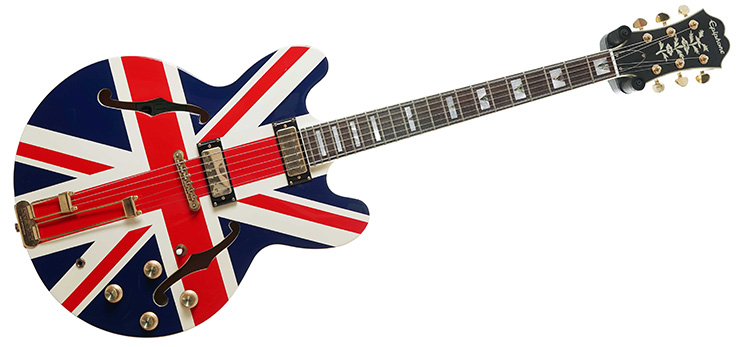
The Greatest Britpop Bands
Today, I’m going to take all of that experience and throw it into this blog. I’m going to name the 20 best Britpop bands ever, including all the megastars you expect, but also some whose stars didn’t reach such lofty heights, yet left an indelible impression nonetheless. Are you ready to head back to the age of Jarvis Cocker, Crispian Mills and Justine Frischmann? Grab your plastic cup of lager and I’ll see you over at the main stage…
Elastica
Elastica were a significant force on the nascent Britpop scene, perhaps more so than with a wide general audience. Vocalist/guitarist Justine Frischmann enjoyed courting the media at the time, who were fascinated by her relationships with Blur’s Damon Albarn and Suede’s Brett Anderson. Seen is influential in the first wave of Britpop, their seminal tune Connection is still used on adverts and TV shows today.
Suede
Suede were Britpop before Britpop was even a thing, and outlasted almost all of the competition to remain a vital musical force in 2024. Epic, melodramatic and as interested in Glam rock as they were with Britpop’s general fixation with the 60s, Suede were both Britpop icons and fiercely iconoclastic non-conformists whose vision reached far further than the scene itself.
Their first two albums with guitarist Bernard Butler are still seen by most fans as the finest that they created, but recent efforts like Bloodsport don’t sit too far behind.
Supergrass
Supergrass at the time seemed like some mad scientist had created the ‘definitive Britpop band’ in a secret lab and unleashed them onto the scene fully-formed. Impossibly cheeky and jaunty, these Monkees-loving scamps started off almost as a joke but quickly matured into songwriters of some depth. It’s hard to escape first impressions though, and their early jolliness perhaps saw them typecast unfairly as lightweights. Still, their fans knew otherwise, and were sufficiently invested to support them again on tour only last year, so maybe their message got through after all?
Sleeper
Sleeper were a band with great singles and an iconic frontwoman in the form of Louise Wener. They rose rapidly in Britpop’s early days but perhaps didn’t have the staying power to become A-list. Wener achieved fame again post-Britpop as a novelist, and the band actually released a successful album in 2019, which was a surprise to everyone!
Paul Weller
Ex-Jam frontman Paul Weller enjoyed a second shot at the prize, as it were, when his solo career saw him becoming not only relevant again but venerated by a younger generation of bands and fans who saw him as an elder statesman of British guitar music.
Weller’s Stanley Road album (which spawned about 800 hit singles) was impossible to ignore in the summer of 1995. A serial collaborator, Weller’s record included Steve Winwood as well as Britpop scene-faces Noel Gallagher and Steve Craddock.
Bis
Scots indie-poppers Bis may not be a household name, but they were enormously influential throughout the 90s underground indie scene. Bis were signed to the hip Chemikal Underground label (founded by Glasgow band The Delgados) in the UK, and on the Beastie Boys’ Grand Royal label over in the US.
Mixing bubblegum pop with punk rock, Bis had a sound that was vital, making them one of the ultimate support bands in Britpop, before achieving their own fame. They split in 2003 but have since regrouped and continue to release music.
Manic Street Preachers
Whilst the Manics already existed pre-Britpop as a sort of Welsh Guns n Roses, their tale is an indelible part of Britpop history.
I’ll keep this brief since it’s a much bigger story than I have space for, but in 1995, Manics guitarist Richey Edwards went missing under relatively mysterious circumstances. Since he has ever been found, his life and potential death remain a mystery, though authorities declared his death in absentia in 2008.
When the Manics regrouped and released their first post-Edwards album, 1996’s Everything Must Go, it was heralded as a brave masterpiece. Regardless of the sad circumstances surrounding it, it was easily one of the most powerful records of the Britpop era.
Ash
Northern Irish pop-punks Ash charged through the mid-90s scene like a lit torch. Their songs were as catchy as Cast’s and as fuzzy as Oasis’, but with a sugary rush that was all their own.
Their debut album 1977 began with a Tie Fighter sample, but the album’s title was not a nod to Star Wars’ release as much as it was the band members' dates of birth!
For the next few years, Ash were a hit machine, and though such levels of success would prove impossible to sustain, Ash were another Britpop band that managed to navigate a career long past the end of the scene.
Kula Shaker
On paper, it’s quite easy to give Kula Shaker a real roasting. A posh public schoolboy (the son of British filmmaking royalty, no less) who formed a rock band based on Eastern mysticism and the legends of King Arthur, who wrote songs with Sanskrit lyrics and who chose the band’s name by crudely anglicising the name of a 9th century Indian king. It’s all a bit ‘Spinal Tap’ without the knowing wink, isn’t it?
The thing was, nobody was counting on Kula Shaker having good tunes. They had plenty of those, and could also play at a level that most Britpop acts just couldn’t match. They got big pretty quick and, whilst some dodgy comments about swastikas (and declining song quality) brought their stock down somewhat, they are still touring and releasing new music. Tattva indeed!
Placebo
Placebo could find a cosy home within a number of genres, but they came through right in the middle of Britpop. Like a more punky Suede, Brian Molko and co brought a razor blade edge of noise and sleaze to the scene that was otherwise relatively conservative.
Placebo are another band who’ve successfully built a long-lasting career after the embers of Britpop grew cold, and whilst their initial edge didn’t remain in their sound, that’s often how it is for bands as they mature.
Longpigs
These guys require a slightly deeper dive to locate than some Britpop bands, but their bruised and beautiful brand of indie rock is a welcome feast for those who seek out their two albums.
Based in Sheffield, Crispin Hunt’s songs were perhaps too complex for the masses, and not obscure enough for the Radiohead fans. The Longpigs had a handful of huge hits, appeared on TFI Friday a few times and supported U2, but in the end, the band imploded. Guitarist Richard Hawley joined Pulp for a bit and then began what has become an extremely popular solo career.
Ocean Colour Scene
Talking about TFI Friday, who could forget the theme tune that accompanied every guest as they made their way to Chris Evans through an audience-festooned gantry?
Of course, it was the Riverboat Song, by retro rockers Ocean Colour Scene. OCS hit big during Britpop and have actually never stopped since, touring relentlessly to serve their sizable fanbase.
Super Furry Animals
Wales’ Super Furry Animals were a delightfully weird band that displayed a gleeful lack of respect for ideas like ‘restraint’ or even ‘genre’. Ping-ponging from strummy (but odd) indie ballads to techno-inflected freakouts, the Super Furries were anything but boring.
Any band that uses their record company advance (remember those?) to buy a full-on actual tank, paint it blue and then drive it around the UK is definitely worth paying attention to!
Pulp
Pulp had already been on the go for a few years, seemingly suffering unnoticed until ‘Common People’ put them not only on the Britpop map, but right in the centre of the scene. Suddenly, a new icon was born in frontman Jarvis Cocker, who expertly turned his gangly geekiness into indie-armour and became a hero to many. Pulp had a maturity to match the wry humour of their writing, and firmly established themselves as a classic British pop band, one who outlasted the ‘nowness’ of the scene.
Shed Seven
Shed Seven were never headliners, but they surprised everyone by having a staying power that many more celebrated bands lacked. With hits like Going for Gold and Chasing Rainbows under their belts, they were certainly a significant presence in mid-90s Britpop, and their fans help them sell out venues to this day.
Mansun
Almost too weird and diverse for Britpop, Chester rockers Mansun certainly had imagination. Their debut album Attack of the Grey Lantern threw everything including the kitchen sink into its production, and for a while, it seemed that Mansun were everywhere. Even Radiohead’s Ed O’Brien called single Wide Open Space a ‘triumph of sound’.
A curious misstep with (now) cult-favourite concept album Six felt like a mistake at the time, and then the Mansun story became one of diminishing returns, but there’s no mistaking their initial moment in the sun.
Cast
Liverpudlian Indie rockers Cast arrived on the scene armed with some of the strongest singles of the decade. Singer John Power - bassist of semi-legendary band The La’s - switched to guitar and penned a set of songs that helped Cast’s debut album All Change become the fastest selling debut in Polydor’s history, a roster which included Jimi Hendrix and The Who.
Like many bands on this list, Cast eventually ran out of steam, and like a good few, they regained it and reformed in 2010.
The Verve
The Verve were one of those bands who rode on a cloud of hype that would’ve decimated any group with lesser songs. In fact, it did decimate them in the end, but Urban Hymns - The Verve’s third album - stands as one of the greatest British rock albums of the 90s.
Vocalist/bandleader Richard Ashcroft was somebody whom the Gallagher brothers looked up to, and he certainly crafted a persona of a mystical northern urban shaman, a wiseman for the Everyman, if you will. It helped that his band created iconoclastic, engaging music - none of which is reflected in The Verve’s biggest hit Bittersweet Symphony. Built around a sample taken from a symphonic cover of a Rolling Stones tune, the Verve ended up with a number one single but not a penny in royalties. Still, there were more than enough great tunes from The Verve to solidify the moment as theirs.
Blur
Blur are a pop band with a sound that changes regularly, based around Damon Albarn’s songwriting preferences. Coming out of the early 90s Baggy/rave scene, Blur brought a colourful collage of sound to their first few albums. 1994’s Parklife was a seminal record, until their 1997 single Song 2 from their self-titled record gave them their biggest hit.
In the ‘war’ between Blur and Oasis, it’s probably fair to say that Blur didn’t end up winning (though Country House did beat Roll With It to the number one chart spot…), but they provided a fistful of excellent songs and a sound that was ever-changing yet always colourful.
Oasis
Manchester’s most famous bickering siblings are easily in the most iconic Britpop band of them all. Beloved equally by art students and football hooligans, Oasis had a sound that stole equally from the Beatles, Slade, the Stone Roses and the Sex Pistols.
Their tunes remain enormously influential, and the band are nowadays seen as being as significant as the likes of The Smiths.
Will they ever reform? Well… it seems unlikely, given how much shade each Gallagher brother throws the other, but then they did that all the time back in the day anyway, so what difference would it make?
Honourable Mentions
Twenty spaces is enough to cover a lot of the good bands, but there will always be a few that still left a mark, without necessarily becoming a significant entity. Here are a few names to check out if this list has gotten you all nostalgic…
- Dodgy
- Space
- The Seahorses
- Embrace
- Echobelly
- The Charlatans
- The Bluetones
- The Divine Comedy
- Feeder
- Gene
- Reef
I opted to get specific for Britpop bands over something like ‘British 90s bands’, because if I did that, we’d be reading about Skunk Anansie, The Prodigy, Stereophonics, James and Radiohead. I feel like these artists - as great as they are - lie outside the scope of the fairly specific Britpop oeuvre. Do you agree? Either way, I hope you enjoyed this list, and the great tunes that make it up.




